The Role of AI in Modern Software Development
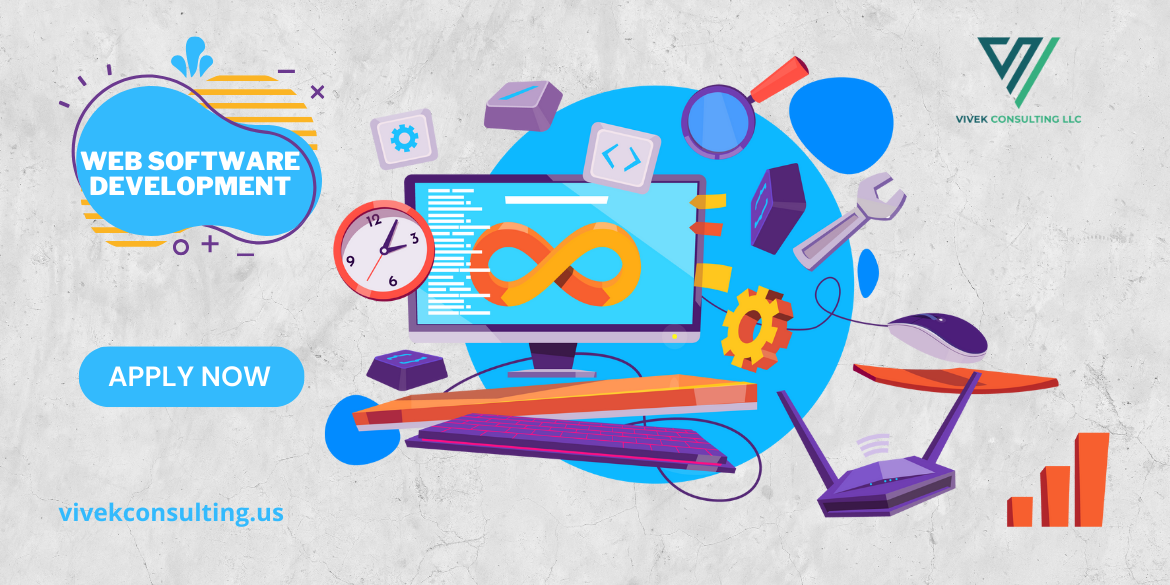
27 Mar 2025
In today's fast-paced digital
era, the fusion of Artificial
Intelligence (AI) with Software Development
is not just a trend—it's a revolution. This transformation is reshaping how
developers design, build, and deploy applications, leading to unprecedented
levels of efficiency and innovation.
Understanding the AI
Revolution in Software Development
The Emergence of AI in Tech
AI has transitioned from a
futuristic concept to a present-day reality, deeply embedded in various
technological domains. Its integration into software development signifies a
paradigm shift, enabling machines to perform tasks that traditionally required
human intelligence.
Why AI Matters in Development
Incorporating AI into software
development processes enhances accuracy, automates mundane tasks, and
introduces capabilities like predictive analytics and intelligent
decision-making, which were previously unattainable.
AI-Powered Code Generation
Automating the Coding Process
AI-driven tools can now generate
code snippets or even entire modules based on high-level descriptions, reducing
the time developers spend on routine coding tasks and minimizing human error.
Enhancing Developer
Productivity
By automating code generation,
developers can focus on strategic problem-solving and creative aspects of
software design, thereby accelerating project timelines and improving overall
productivity.
Intelligent Debugging and
Error Detection
AI in Identifying Bugs
AI algorithms can analyze vast
codebases to detect anomalies and potential bugs, often identifying issues that
might be overlooked by human reviewers.
Predictive Error Prevention
Beyond detection, AI can predict
areas in the code that are prone to errors, allowing developers to proactively
address vulnerabilities before they manifest.
Automated Testing and Quality
Assurance
Streamlining Test Case
Generation
AI facilitates the automatic
creation of test cases, ensuring comprehensive coverage and reducing the manual
effort involved in traditional testing methodologies.
Continuous Integration and
Deployment
With AI, continuous integration
and deployment pipelines become more robust, as AI can swiftly validate code
changes, ensuring that new integrations do not disrupt existing
functionalities.
AI-Driven Project Management
Resource Allocation
Optimization
AI analyzes project requirements
and team capabilities to suggest optimal resource allocation, ensuring that
projects are staffed effectively and deadlines are met.
Timeline Prediction and Risk
Assessment
By evaluating historical data and
current project parameters, AI can predict potential delays and assess risks,
enabling proactive mitigation strategies.
Enhancing User Experience with
AI
Personalized Software
Interfaces
AI enables software to adapt
interfaces based on user behavior and preferences, creating a more intuitive
and engaging user experience.
Adaptive Learning Systems
Software can now learn from user
interactions, continually improving its responses and functionalities to better
serve individual needs.
Natural Language Processing in
Development
Integrating NLP for Better
Interaction
Natural Language Processing
allows software to understand and process human language, facilitating more
natural interactions between users and applications.
Chatbots and Virtual
Assistants
AI-powered chatbots and virtual
assistants provide real-time support and information, enhancing customer
service and user engagement within applications.
AI in Decision-Making
Processes
Data-Driven Strategic Planning
AI processes large datasets to
provide insights that inform strategic decisions, ensuring that choices are
backed by empirical evidence rather than intuition.
Predictive Analytics for
Market Trends
By analyzing market data, AI can
forecast trends, enabling businesses to stay ahead of the curve and make
informed product development decisions.
Security Enhancements through
AI
Threat Detection and
Prevention
AI systems monitor software for
unusual activities, detecting potential security breaches and initiating
preventive measures to protect sensitive data.
Automated Compliance
Monitoring
AI assists in ensuring that
software complies with industry regulations and standards by continuously
monitoring and reporting on compliance status.
Ethical Considerations in
AI-Driven Development
Addressing Bias in AI
Algorithms
Developers must be vigilant in
identifying and mitigating biases in AI models to ensure fair and equitable
outcomes in software applications.
Ensuring Transparency and
Accountability
It's crucial to maintain
transparency in AI operations and establish accountability for decisions made
by AI-driven systems to build user trust.
The Future Landscape of AI in
Software Development
Emerging Trends and
Innovations
The horizon of AI in software
development is expanding, with innovations like quantum computing and advanced
machine learning algorithms set to further revolutionize the field.
Preparing for an AI-Dominated
Development Environment
Developers and organizations must
adapt to the evolving landscape by acquiring AI competencies and rethinking
traditional development methodologies to remain competitive.
Conclusion
The integration of AI into
software development is not merely an enhancement—it's a transformative force
driving the industry towards greater efficiency, innovation, and user-centric
design. Embracing this revolution is imperative for those seeking to thrive in
the modern technological ecosystem.
Recent Articles
-
 Want more local traffic? These Local SEO Tips to Rank Higher on Google will get you noticed
Want more local traffic? These Local SEO Tips to Rank Higher on Google will get you noticed
-
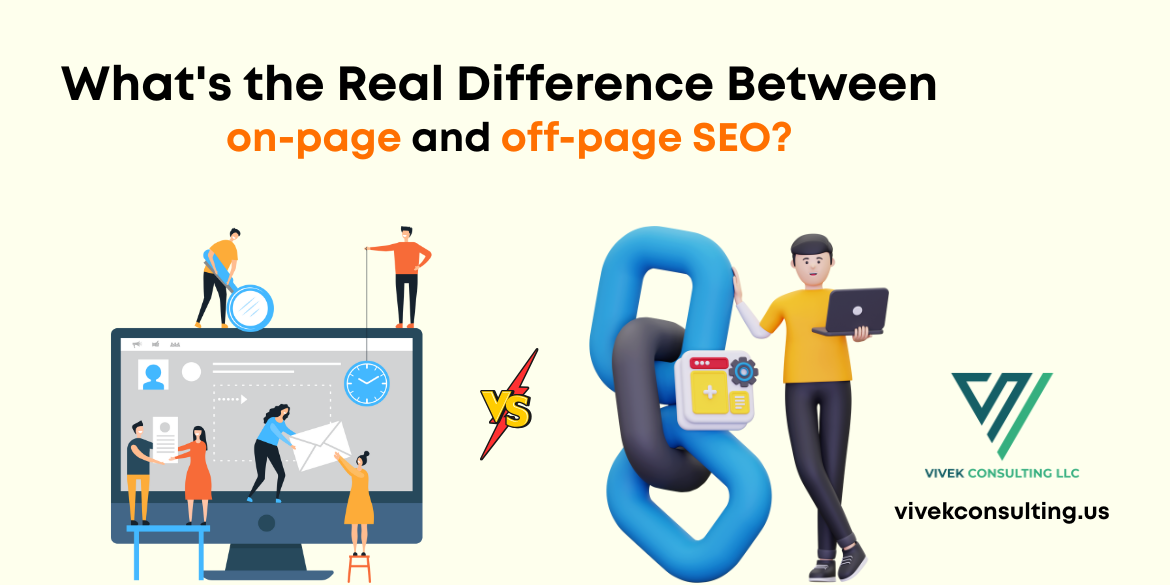 What's the Difference Between on-page and off-page SEO?
What's the Difference Between on-page and off-page SEO?
-
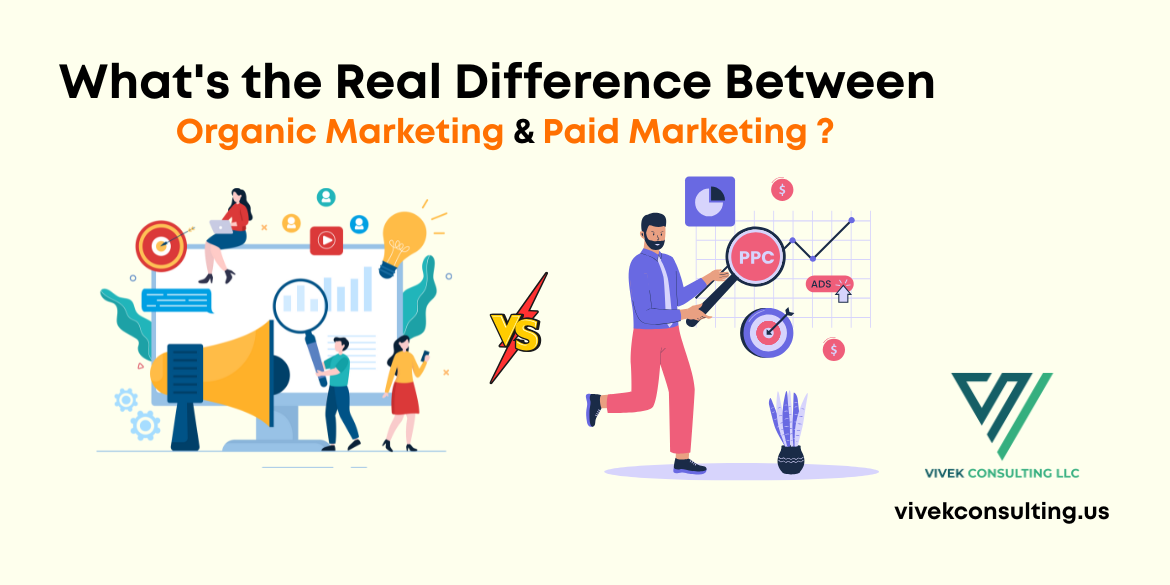 What's the Real Difference Between Organic and Paid Digital Marketing?
What's the Real Difference Between Organic and Paid Digital Marketing?
-
 Boost SEO with a Mobile Friendly Website Today
Boost SEO with a Mobile Friendly Website Today
-
 How to Change the Theme on Shopify Without Using Any Code
How to Change the Theme on Shopify Without Using Any Code
-
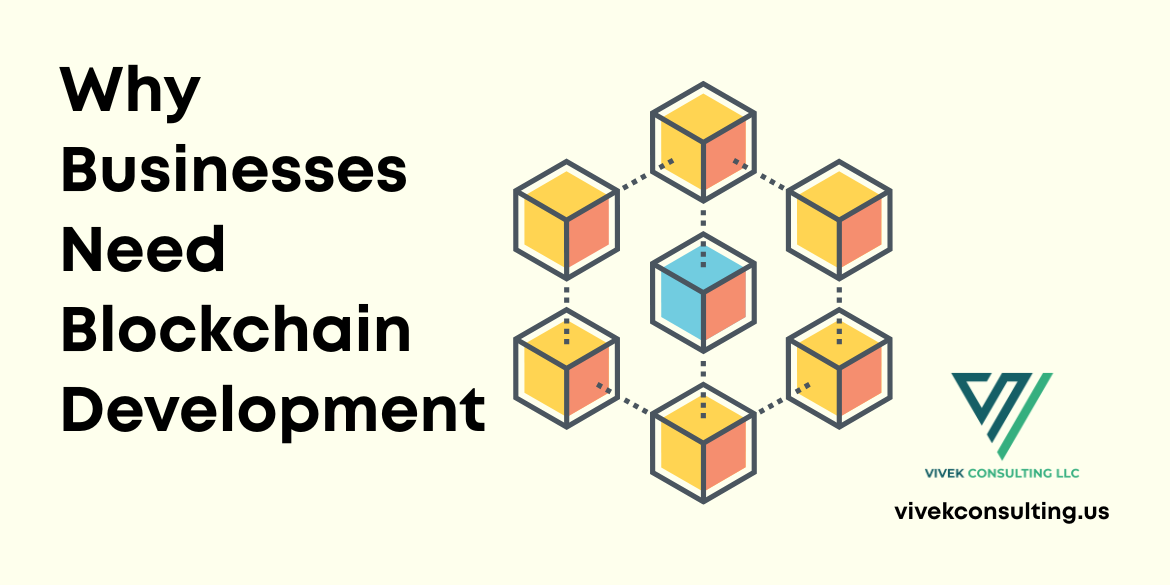 Why Businesses Need Blockchain Development
Why Businesses Need Blockchain Development
-
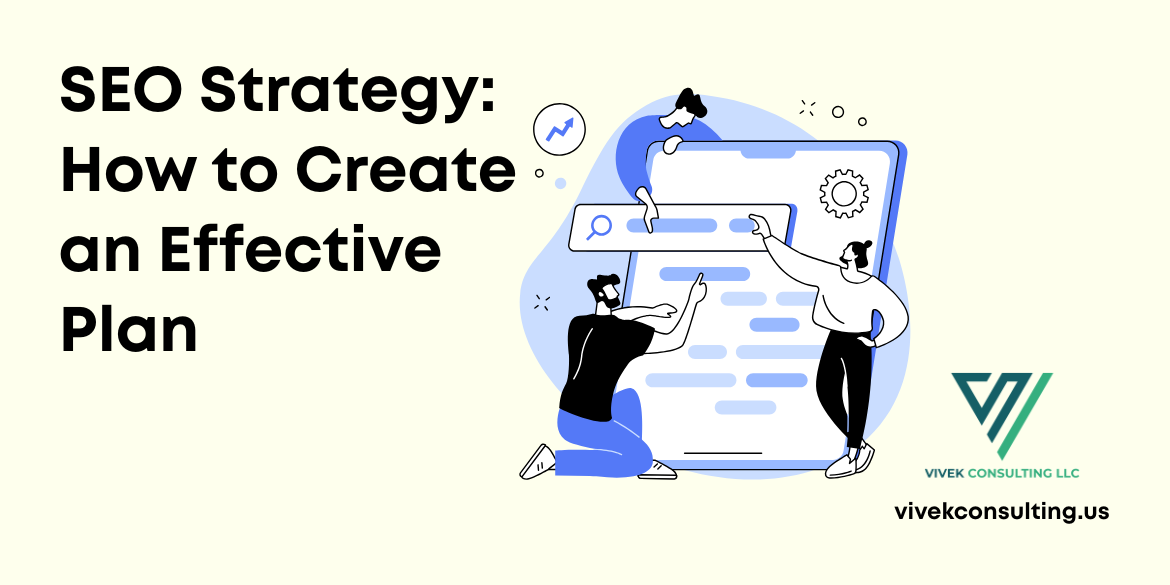 SEO Strategy: How to Create an Effective Plan
SEO Strategy: How to Create an Effective Plan
-
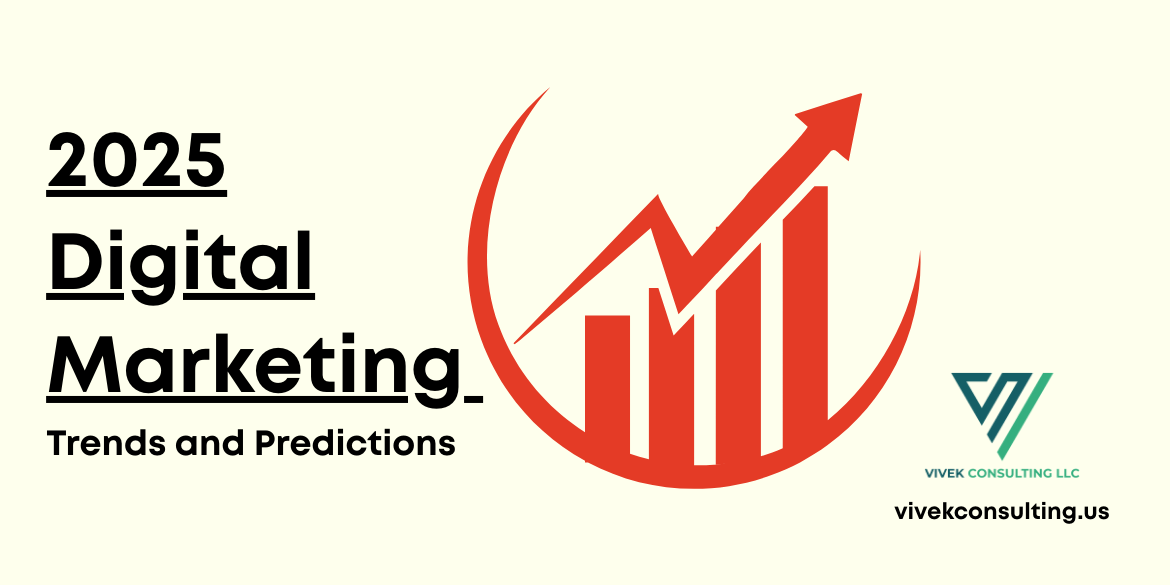 2025 Digital Marketing Trends and Predictions
2025 Digital Marketing Trends and Predictions
-
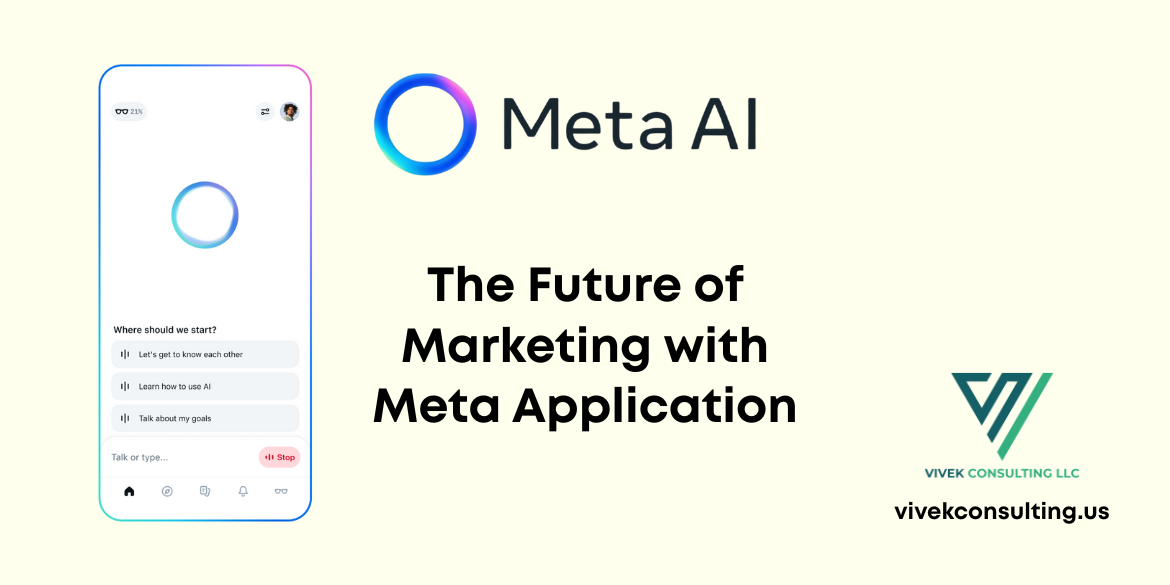 The Future of Marketing with Meta Application
The Future of Marketing with Meta Application
-
 Keyword Research for Website Wins in 2025 [Top 10 Free Keyword Research Tools]
Keyword Research for Website Wins in 2025 [Top 10 Free Keyword Research Tools]
-
.png) Learning the SEO Audit Checklist. Every website should rank higher, load faster, and convert better without wasting time.
Learning the SEO Audit Checklist. Every website should rank higher, load faster, and convert better without wasting time.
-
 Ready for serious growth? Outsource services to scale your business fast and save time and money.
Ready for serious growth? Outsource services to scale your business fast and save time and money.
-
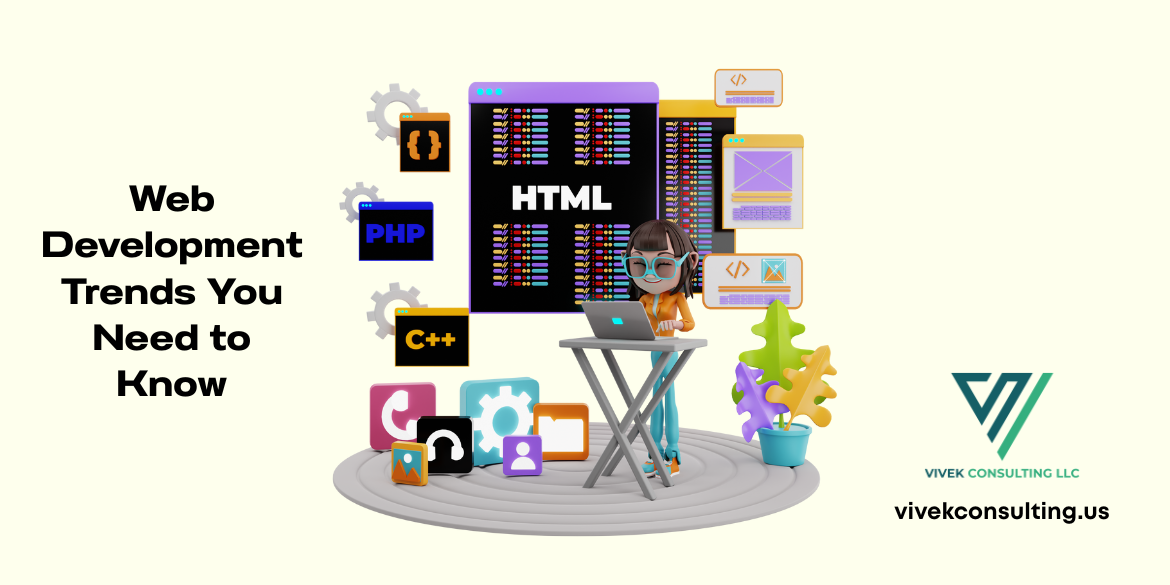 From AI to no-code, explore the Web Development Trends You Need to Know right now.
From AI to no-code, explore the Web Development Trends You Need to Know right now.
-
 Supercharge Business Growth with SEO
Supercharge Business Growth with SEO
-
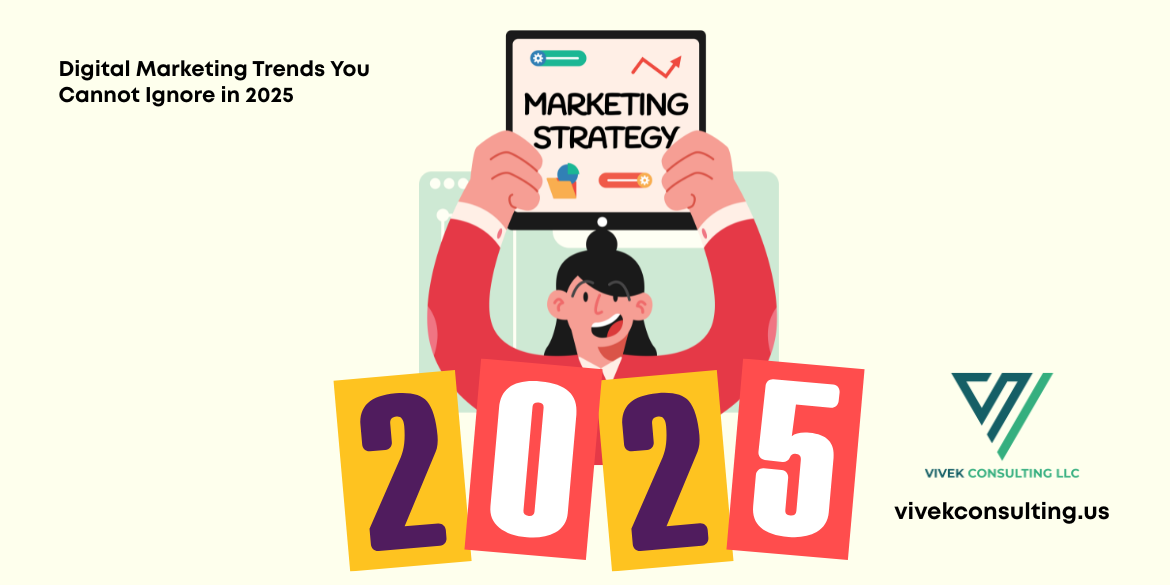 Digital Marketing Trends You Cannot Ignore in 2025
Digital Marketing Trends You Cannot Ignore in 2025
-
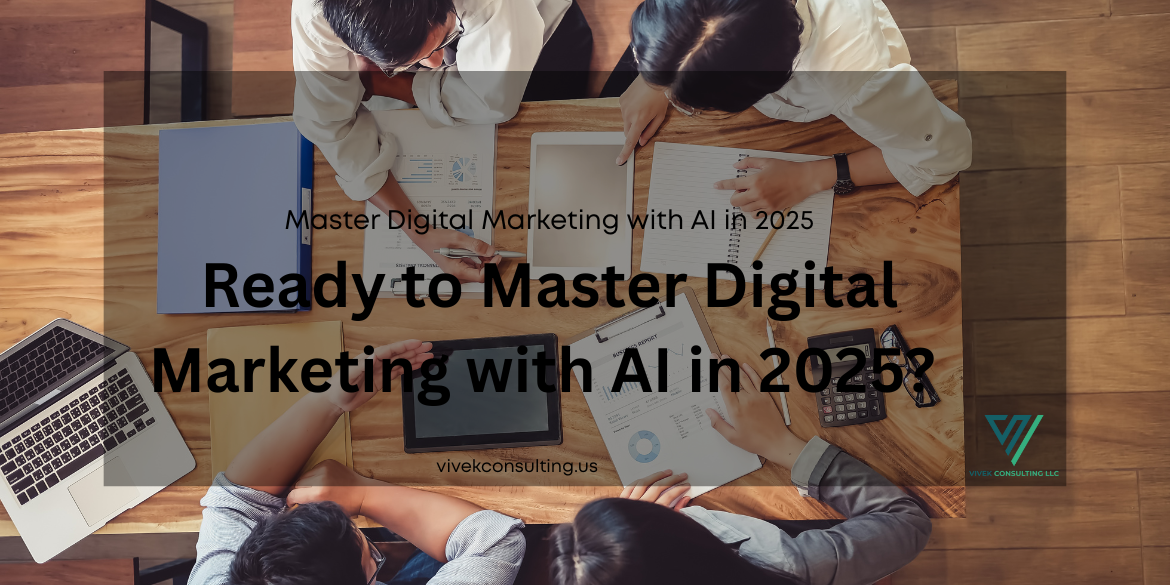 Master Digital Marketing with AI in 2025
Master Digital Marketing with AI in 2025
-
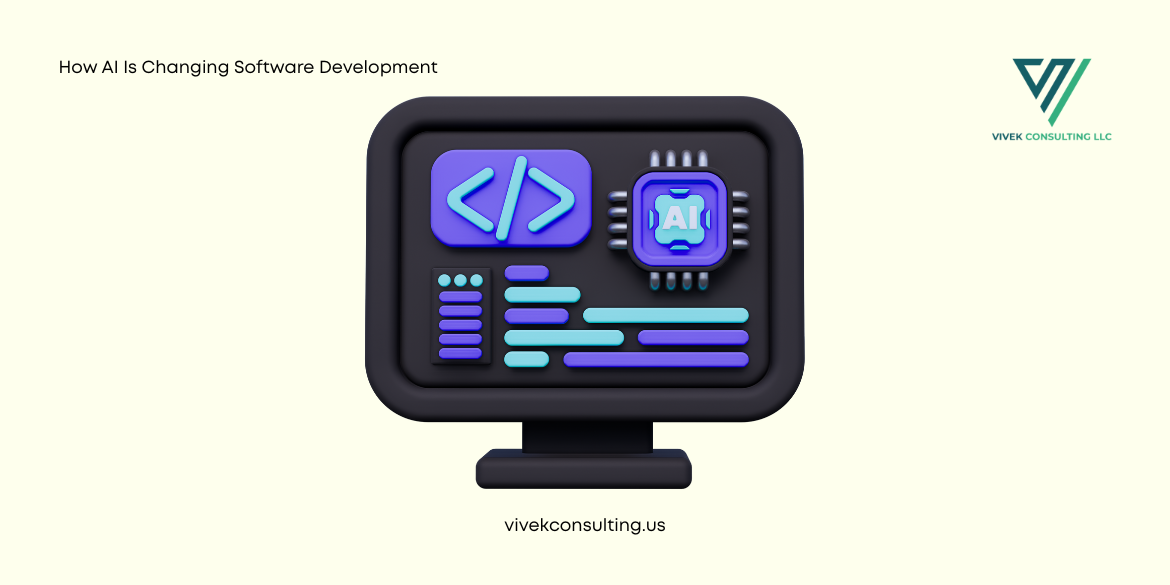 How AI Is Changing Software Development
How AI Is Changing Software Development
-
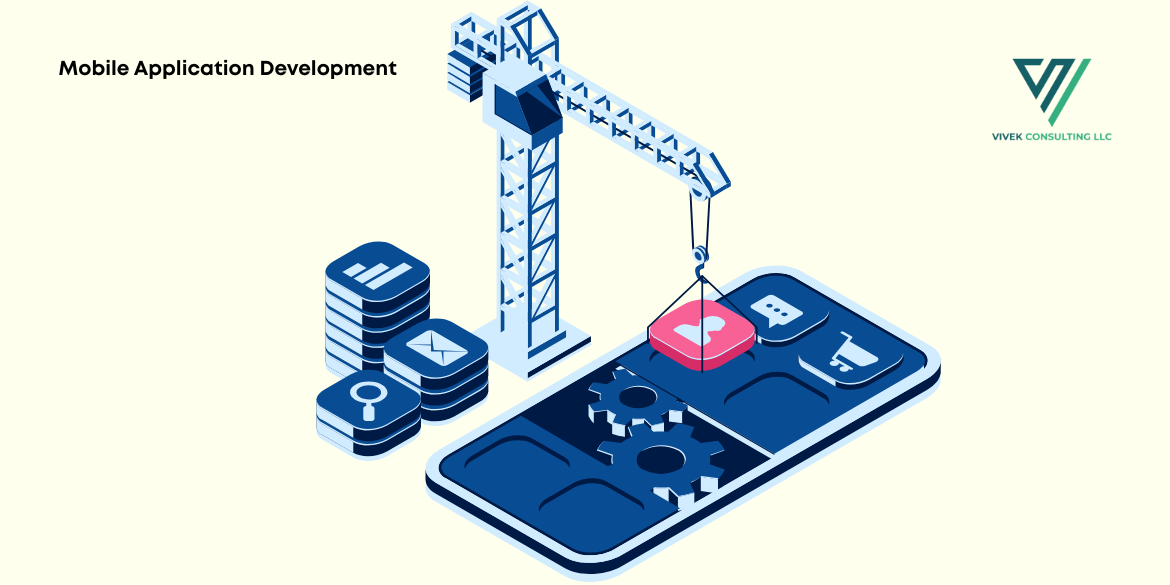 Mobile Application Development in 10 Easy Steps
Mobile Application Development in 10 Easy Steps
-
 Outsource Services to Boost Efficiency
Outsource Services to Boost Efficiency
-
 Ready to scale smart? Boost efficiency fast with managed services that work.
Ready to scale smart? Boost efficiency fast with managed services that work.
-
 Outsource Services: The Smart Move for Your Business
Outsource Services: The Smart Move for Your Business
-
 Technical SEO Tactics to Skyrocket Your Rankings
Technical SEO Tactics to Skyrocket Your Rankings
-
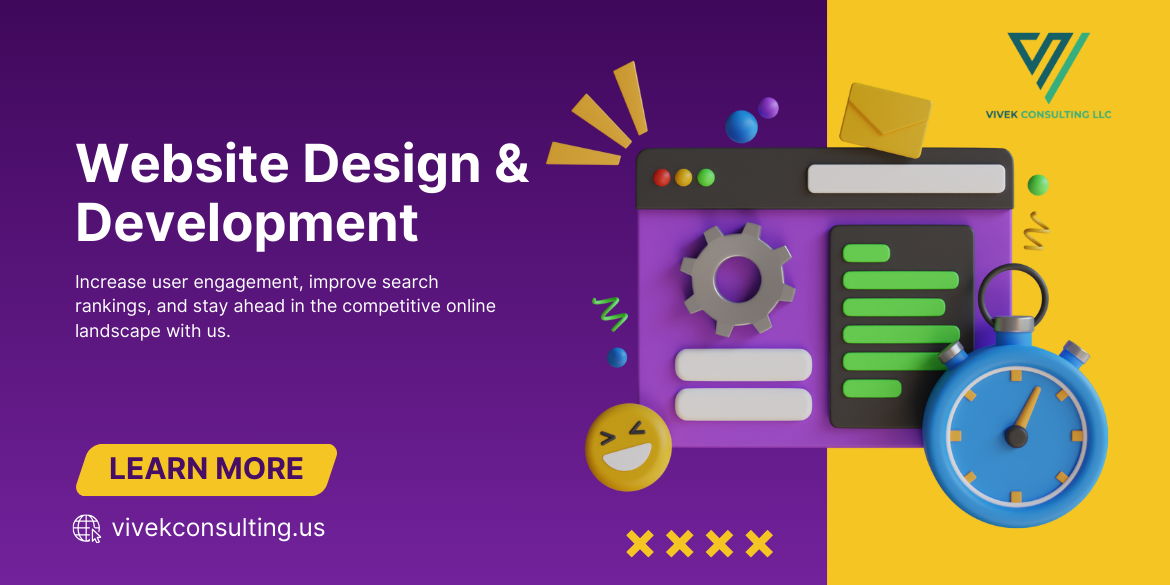 The digital world is evolving fast. Here is the web development trends you can’t ignore if you want to stay competitive.
The digital world is evolving fast. Here is the web development trends you can’t ignore if you want to stay competitive.
-
 Want more traffic? These off-page SEO tips will help you rank higher and grow like a pro! ????
Want more traffic? These off-page SEO tips will help you rank higher and grow like a pro! ????
-
 The Role of AI in Modern Software Development
The Role of AI in Modern Software Development
-
 Boost Organic Traffic Through On-Page SEO Strategies
Boost Organic Traffic Through On-Page SEO Strategies
-
 How SEO Can Skyrocket Your Business Growth
How SEO Can Skyrocket Your Business Growth
-
.png) Why Digital Marketing Benefits Business Success in Charlotte NC
Why Digital Marketing Benefits Business Success in Charlotte NC
-
 Explore the future of smartphone application development with Vivek Consulting and stay ahead of the game.
Explore the future of smartphone application development with Vivek Consulting and stay ahead of the game.
-
 Crush Your Competition with Digital Marketing Charlotte NC - Vivek consulting
Crush Your Competition with Digital Marketing Charlotte NC - Vivek consulting
-
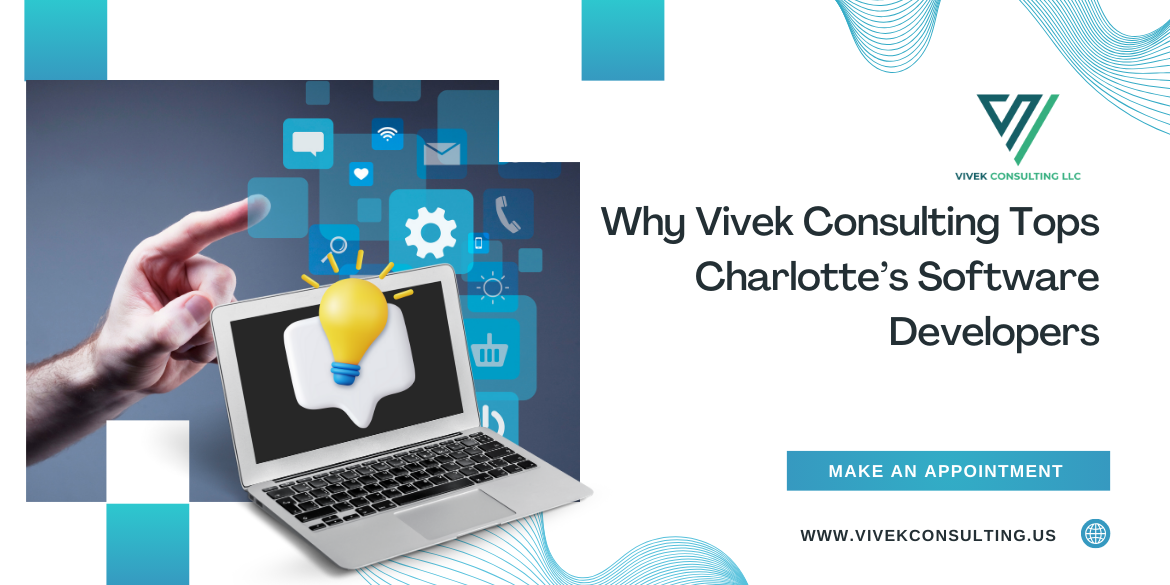 Why Vivek Consulting Tops Charlotte’s Software Developers
Why Vivek Consulting Tops Charlotte’s Software Developers
-
 The Innovation of Smart and Inclusive UX: How AI and 5G Are Transforming Mobile Application Development
The Innovation of Smart and Inclusive UX: How AI and 5G Are Transforming Mobile Application Development
-
 Website Development: The Value of Web Design in Establishing a Powerful Online Presence
Website Development: The Value of Web Design in Establishing a Powerful Online Presence
-
 Elevate Your Brand: Discover the Top Marketing Agency in Charlotte for 2025 - Vivek consulting
Elevate Your Brand: Discover the Top Marketing Agency in Charlotte for 2025 - Vivek consulting
